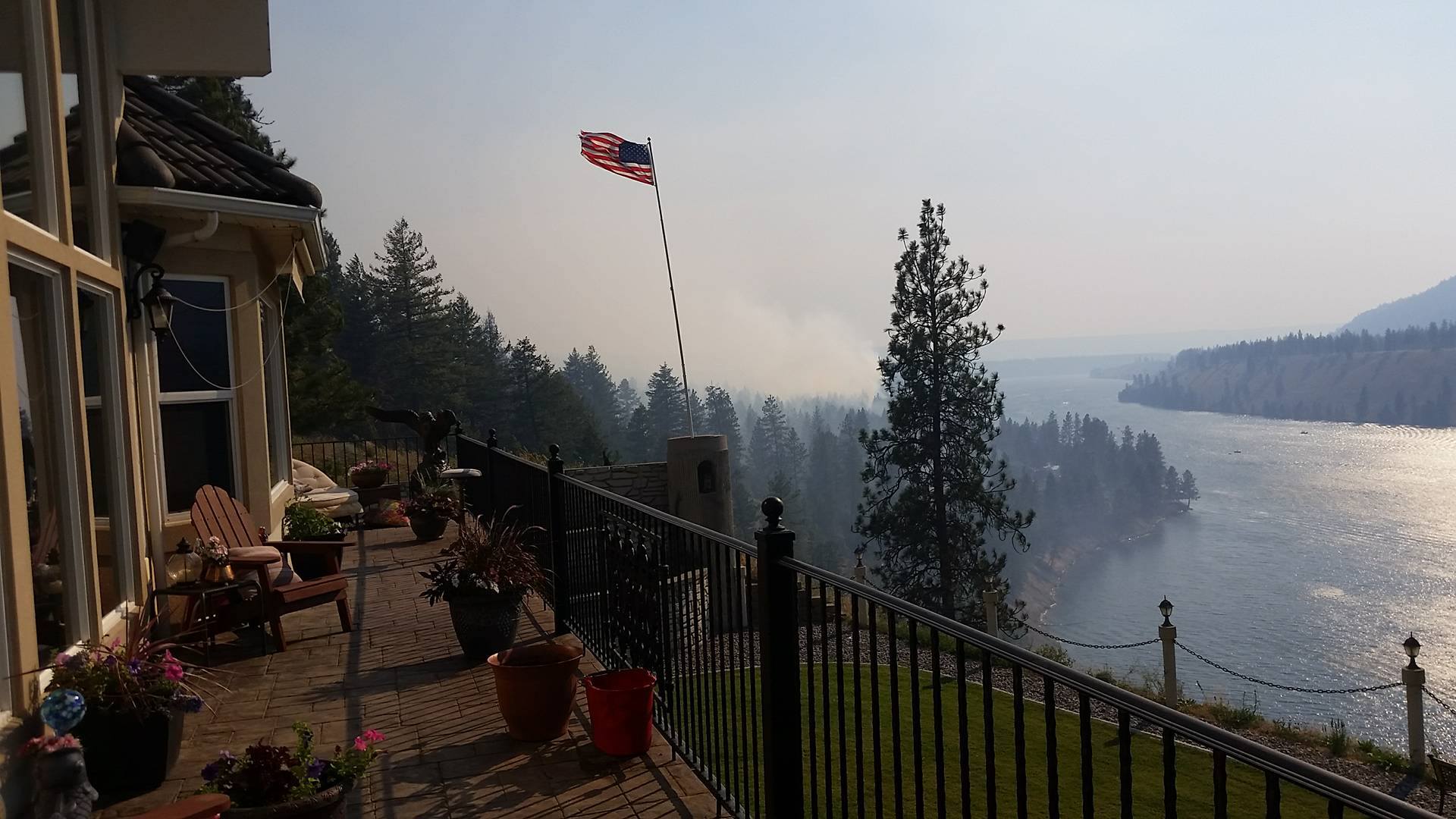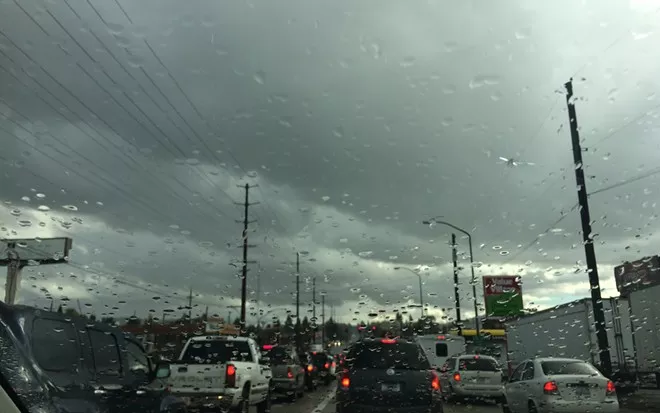
“This is simply putting a fine point on what we’ve actually understood for a while, which is that the climate is changing,” said Jerry White Jr., executive director of Spokane Riverkeeper. But local experts described a future in which crops in Eastern Washington struggle to grow, wildfires are more likely and the Spokane River’s ecosystem is upset by low flows and high temperatures. Spokane might not suffer from a one-degree increase in summer temperatures as severely as Southern California, for example. While the data is not apocalyptic for Spokane, it portends serious consequences, even if the domino effect is tricky to predict with precision. Is that catastrophic for us in this area? No, no, it’s not,” said Brian Henning, director of Gonzaga University’s Center for Climate, Society and the Environment. “If you’re starting to find that much warming in a decade, that’s a pretty significant number.


A new report released last week documents that, over the last three decades, average temperatures in Spokane have increased by 1.2 degrees in July compared to the previous report released a decade ago.Īnd while the trend is hardly a surprise to climate observers, the data serves as another reminder we live on a warming planet.

It doesn’t take a climate science degree to sense that Spokane summers are getting hotter and drier, but science has indeed confirmed that intuition. On any given July afternoon, a difference in one degree Fahrenheit barely registers.īut an increase of one degree in the average temperature over the span of 30 years is worth pausing to consider.


 0 kommentar(er)
0 kommentar(er)
